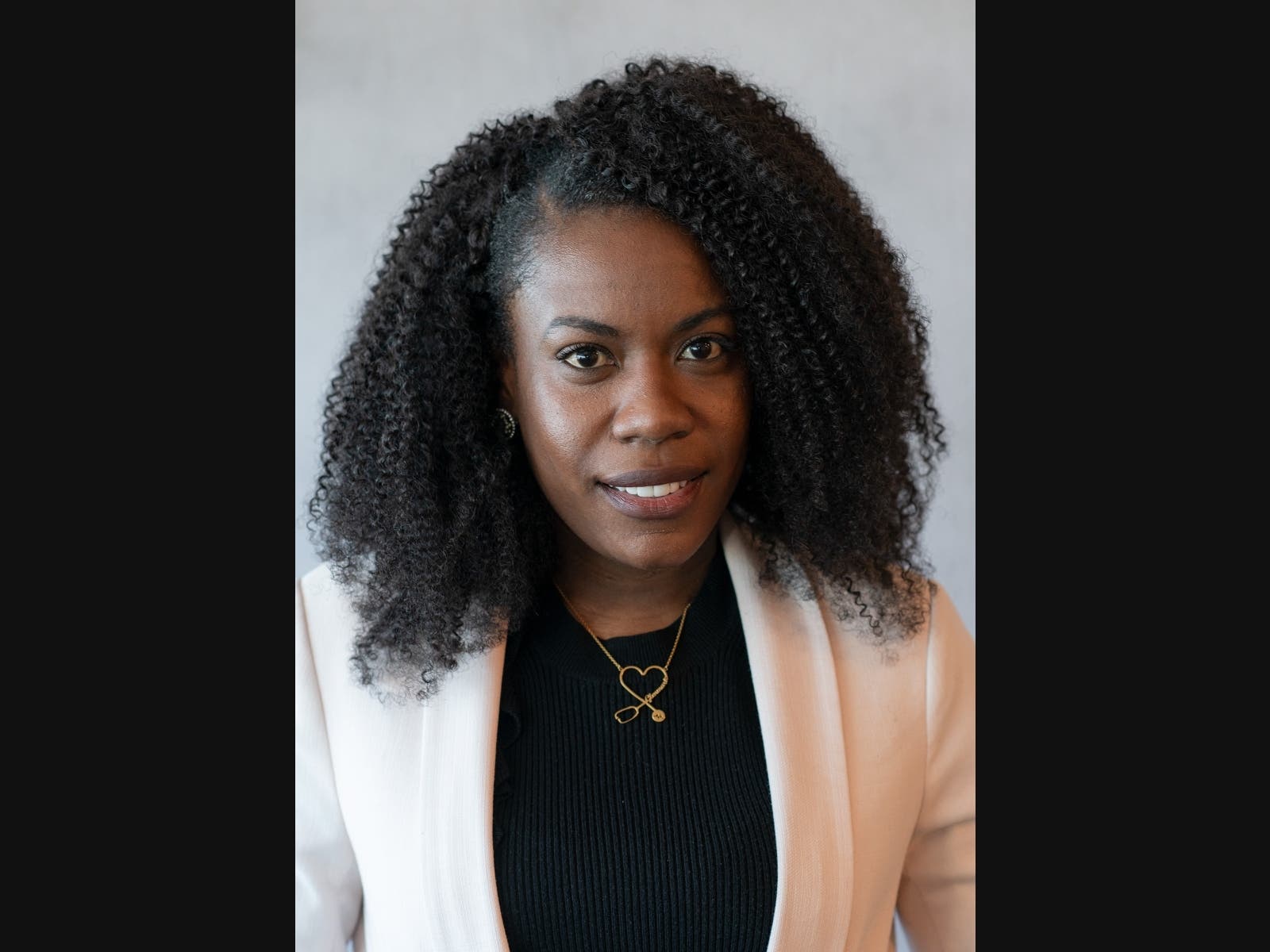Politics & Government
Access To An Abortion In New Jersey Will Remain Secure, Providers Say
New Jersey abortion providers say they expect an influx of women to travel here for the procedure if abortion becomes illegal elsewhere.

NEW BRUNSWICK, NJ — The U.S. Supreme Court is poised to overturn Roe vs. Wade, and such a decision is likely to make abortion illegal or severely restricted in nearly half of U.S. states, according to a leaked memo.
Even if Roe v. Wade is overturned, women would still have access to abortion in New Jersey. In fact, New Jersey abortion providers say they expect an influx of women to travel to New Jersey to get an abortion as it becomes illegal in other states.
The right to an abortion is largely secured in the state because of the Freedom of Reproductive Choice Act, which Gov. Phil Murphy signed into law in January.
Find out what's happening in New Brunswickwith free, real-time updates from Patch.
Dr. Glenmarie Matthews, a Rutgers professor of obstetrics, gynecology and reproductive health, told NorthJersey.com her office got a call from a woman in Texas this week asking how much it costs to get an abortion in New Jersey.
Matthews performs abortions at Robert Wood Johnson University Medical Center in New Brunswick. She is also director of the Reproductive Choice Program at Rutgers New Jersey Medical School.
Find out what's happening in New Brunswickwith free, real-time updates from Patch.
"The New Jersey Supreme Court has explicitly recognized the right to abortion under our state constitution and has held that this protection extends beyond the federal constitutional protection," she said.
Murphy said he pushed New Jersey lawmakers to write the Freedom of Reproductive Choice Act six days after then-President Donald Trump selected Amy Coney Barrett to replace Ruth Bader Ginsburg on the Supreme Court.
"Quite frankly, while enraging, this news is hardly surprising," said Murphy on Tuesday, in light of the Supreme Court leak. "This is exactly why we took the step we did earlier this year in enshrining every New Jerseyan's full reproductive rights into state law."
According to Matthews, the law does several things in New Jersey: Repeal what she says are "medically unnecessary regulations" on abortion and expand abortion access across the state. It also removes two existing criminal laws that she says are "vague" and could be used to criminalize some abortions or situations where a woman has ended a pregnancy.
The act also expands contraception coverage required under private insurance and Medicaid, increasing it from a 6-month supply to a 12-month supply. This ensures that more people have access to birth control, such as the Pill.
New Jersey is one of 20 U.S. states that allows abortion pills to be send to women through the U.S. mail, after an initial telemedicine appointment with a doctor, according to NorthJersey.com.
"Most women have an abortion immediately after learning they are pregnant," said Matthews. "Later terminations are done when a secondary maternal or fetal indication is diagnosed and are usually performed within the second trimester of pregnancy."
Most insurance companies in New Jersey do pay for abortion. However, the Affordable Care Act does not require health insurance plans to cover abortion services, like an in-clinic abortion and the abortion pill.
Get more local news delivered straight to your inbox. Sign up for free Patch newsletters and alerts. Contact this Patch reporter: [email protected]
Get more local news delivered straight to your inbox. Sign up for free Patch newsletters and alerts.